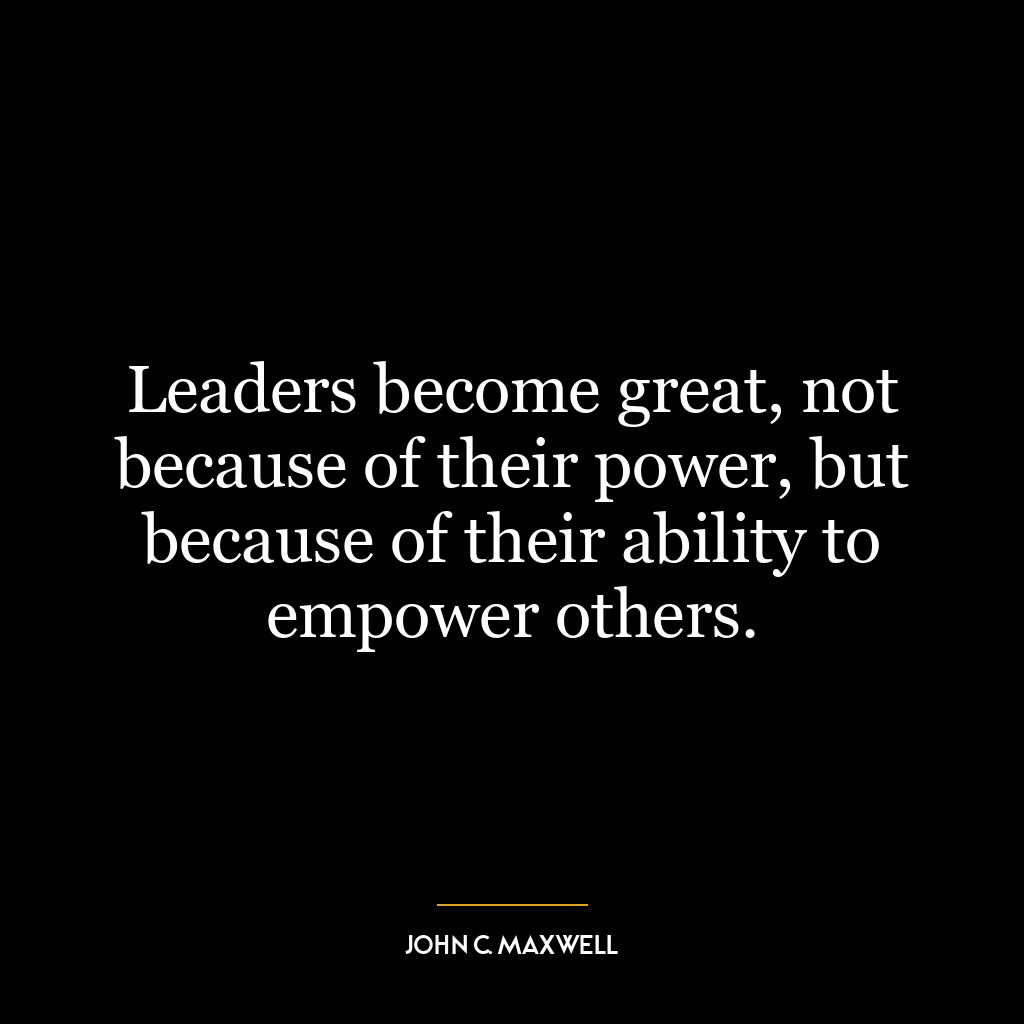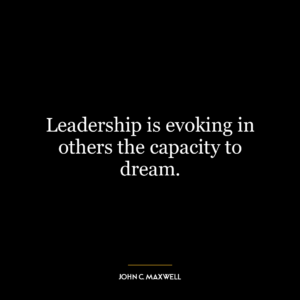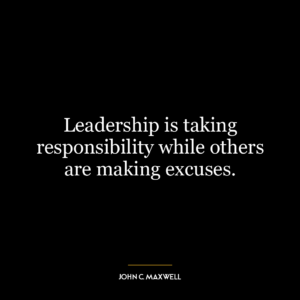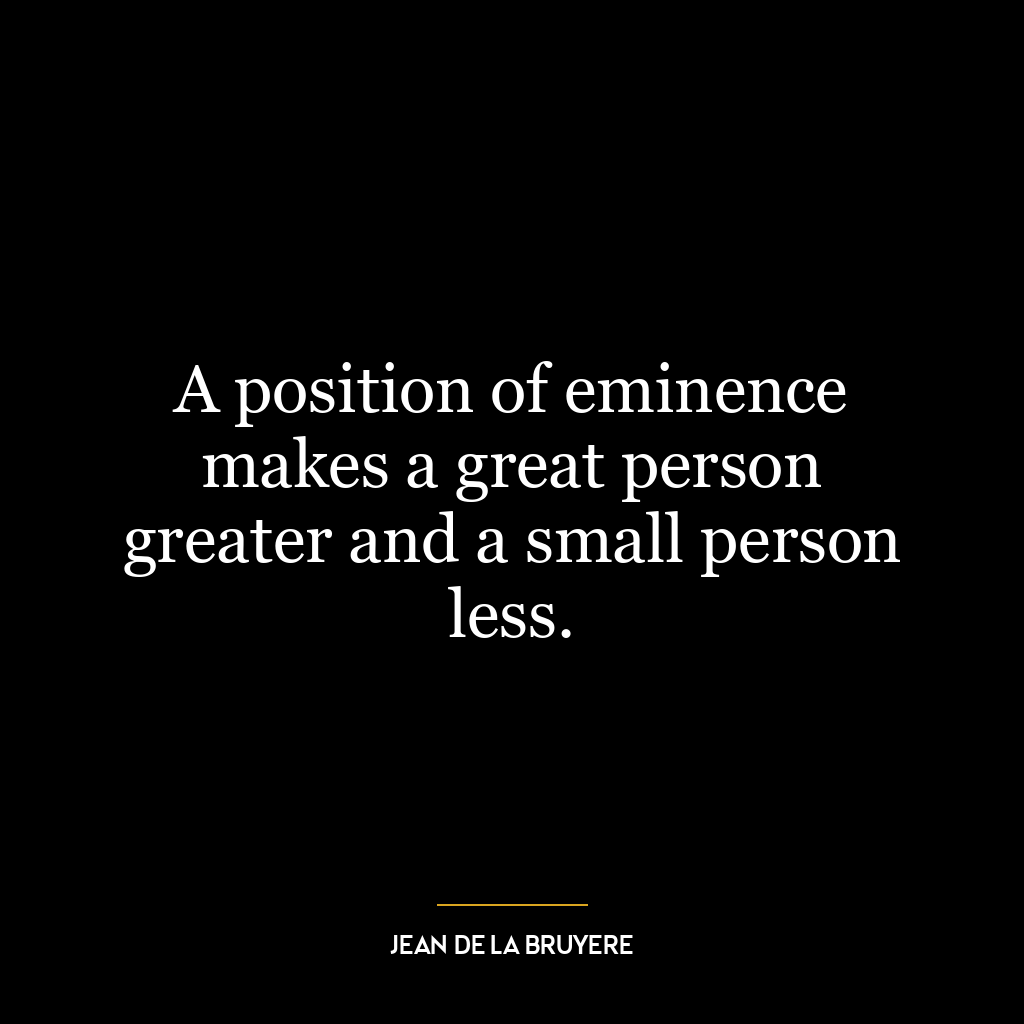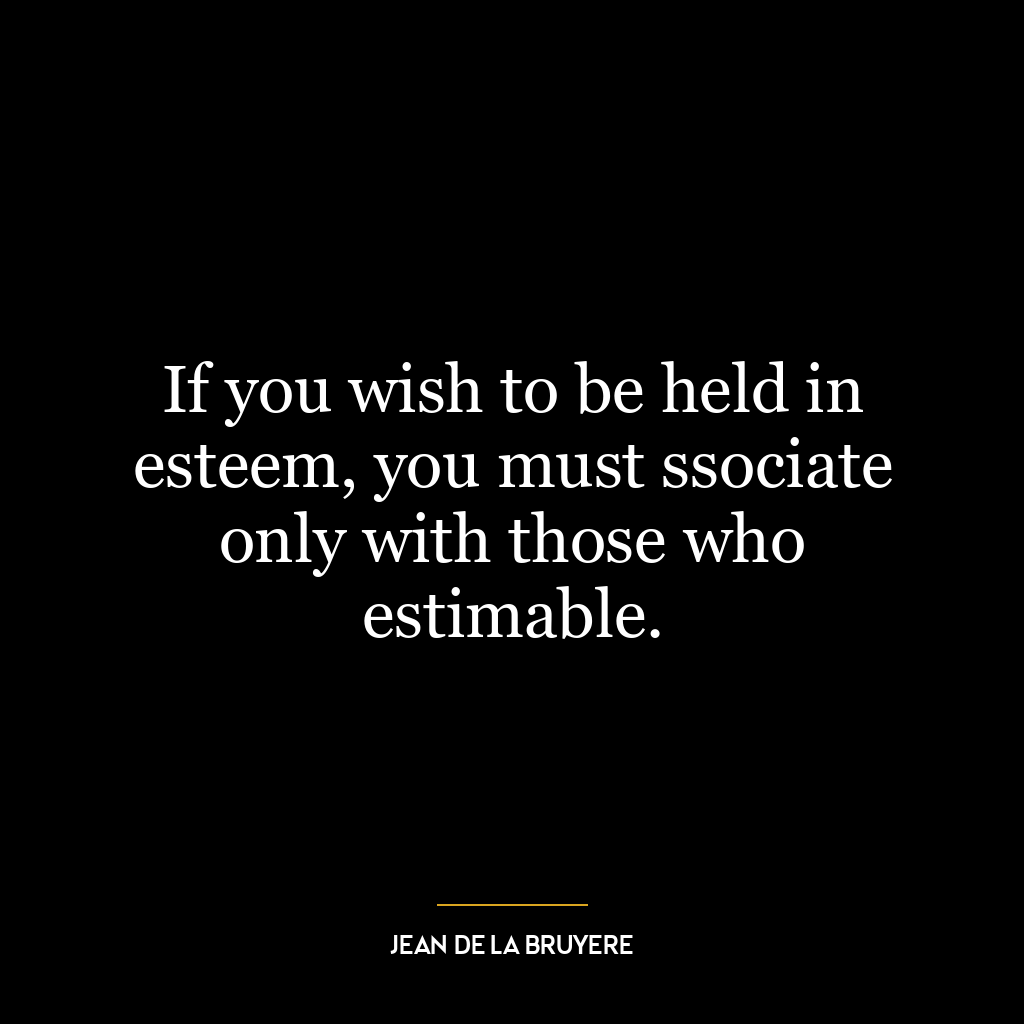Leaders become great, not because of their power, but because of their ability to empower others.
This quote suggests that the true measure of a leader’s greatness is not in the power they wield, but in their ability to empower others. It emphasizes that leadership is not about dominating or controlling, but about enabling and inspiring. The power of a leader is not in their authority, but in their capacity to unlock the potential of others, to help them believe in their own abilities, and to encourage them to step up and take charge.
This concept can be seen as a shift from the traditional view of leadership as a position of control to a more modern, participative approach. It’s about fostering an environment where everyone feels valued, heard, and capable of contributing. It’s about creating a culture of shared responsibility and shared success, where everyone is motivated to perform at their best because they feel a sense of ownership and commitment.
In today’s world, this idea is increasingly relevant. In businesses, for example, leaders who empower their employees often see higher levels of engagement, productivity, and innovation. Empowered employees are more likely to take initiative, solve problems, and contribute ideas, leading to better business outcomes.
In the realm of personal development, this quote suggests that the most effective way to grow as a leader is not to seek power for its own sake, but to focus on empowering others. This could mean mentoring others, sharing knowledge and skills, encouraging others to take on new challenges, or simply providing the support and resources others need to succeed. By doing so, one not only helps others to grow and succeed, but also strengthens their own leadership skills and builds a strong, supportive community around them.

